Filter by

Animals in our midst : the challenges of co-existing with animals in the anth…
This Open Access book brings together authoritative voices in animal and environmental ethics, who address the many different facets of changing human-animal relationships in the Anthropocene. As we are living in complex times, the issue of how to establish meaningful relationships with other animals under Anthropocene conditions needs to be approached from a multitude of angles. This book offe…
- Edition
- 1
- ISBN/ISSN
- 9783030635237
- Collation
- xv, 579p.; ill.
- Series Title
- The international library of environmental, agricultural and food ethics
- Call Number
- 179.3 ANI b
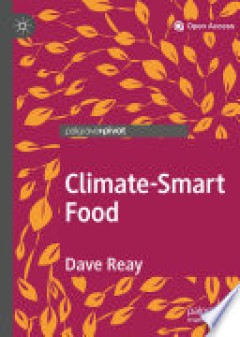
Climate-Smart Food
This open access book asks just how climate-smart our food really is. It follows an average day's worth of food and drink to see where it comes from, how far it travels, and the carbon price we all pay for it. From our breakfast tea and toast, through breaktime chocolate bar, to take-away supper, Dave Reay explores the weather extremes the world’s farmers are already dealing with, and what ne…
- Edition
- 1
- ISBN/ISSN
- 9783030182069
- Collation
- -
- Series Title
- -
- Call Number
- 641.30015516 DAV c

Environments of intelligence : from natural information to artificial interac…
What is the role of the environment, and of the information it provides, in cognition? More specifically, may there be a role for certain artefacts to play in this context? These are questions that motivate “4E” theories of cognition (as being embodied, embedded, extended, enactive). In his take on that family of views, Hajo Greif first defends and refines a concept of information as primar…
- Edition
- -
- ISBN/ISSN
- 9781315408101
- Collation
- xii + 218 p
- Series Title
- -
- Call Number
- 153 GRE e
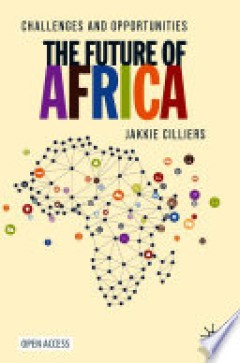
The Future of Africa: Challenges and Opportunities
- Edition
- -
- ISBN/ISSN
- 9783030465902
- Collation
- -
- Series Title
- -
- Call Number
- 330.9600112
- Edition
- -
- ISBN/ISSN
- 9783030465902
- Collation
- -
- Series Title
- -
- Call Number
- 330.9600112
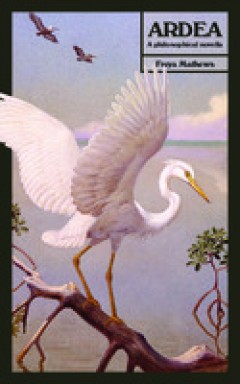
Ardea : a philosophical novella
What is soul? Can it be forfeited? Can it be traded away? If it can, what would ensue? What consequences would follow from loss of soul — for the individual, for society, for the earth? In the early nineteenth century, Goethe’s hero, Faust, became a defining archetype of modernity, a harbinger of the existential possibilities and moral complexities of the modern condition. But today the dir…
- Edition
- -
- ISBN/ISSN
- 9780615845562
- Collation
- x ; 70p. : ill.
- Series Title
- -
- Call Number
- 170 FRE a
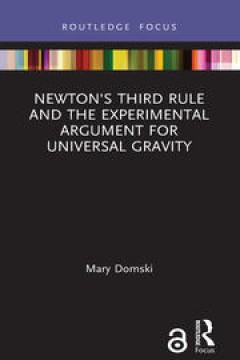
Newton's third rule and the experimental argument for universal gravity
This book provides a reading of Newton’s argument for universal gravity that is focused on the evidence-based, "experimental" reasoning that Newton associates with his program of experimental philosophy. It highlights the richness and complexity of the Principia and also draws important lessons about how to situate Newton in his natural philosophical context. The book has two primary objectiv…
- Edition
- 11
- ISBN/ISSN
- 9781000449419
- Collation
- ix; 116p;
- Series Title
- -
- Call Number
- 531.14 NEW M
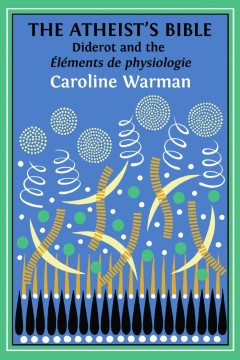
The atheist's bible : diderot's "Éléments de physiologie"
‘Love is harder to explain than hunger, for a piece of fruit does not feel the desire to be eaten’: Denis Diderot’s Éléments de physiologie presents a world in flux, turning on the relationship between man, matter and mind. In this late work, Diderot delves playfully into the relationship between bodily sensation, emotion and perception, and asks his readers what it means to be human in…
- Edition
- -
- ISBN/ISSN
- 9781783748983
- Collation
- ix, 421p. : ill.
- Series Title
- -
- Call Number
- 146.3 WAR t
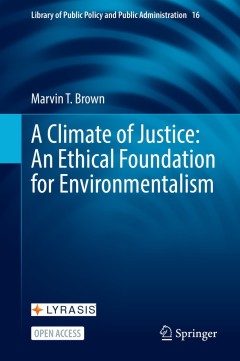
A climate of justice: An ethical eoundation for environmentalism
This open access book helps readers combine history, politics, and ethics to address the most pressing problem facing the world today: environmental survival. In A Climate of Justice, Marvin Brown connects the environmental crisis to basic questions of economic, social, and racial justice. Brown shows how our current social climate maintains systemic injustices, and he uncovers resources for ch…
- Edition
- -
- ISBN/ISSN
- 9783030773632
- Collation
- xix, 185p ; ill
- Series Title
- -
- Call Number
- 179.1 BRO a
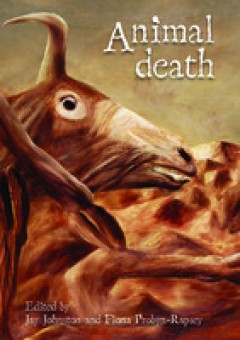
Animal death
Animal death is a complex, uncomfortable, depressing, motivating and sensitive topic. For those scholars participating in Human-Animal Studies, it is – accompanied by the concept of 'life' – the ground upon which their studies commence, whether those studies are historical, archaeological, social, philosophical, or cultural. It is a tough subject to face, but as this volume demonstrates, on…
- Edition
- -
- ISBN/ISSN
- 9781743325247
- Collation
- xv. :ill. ;351 p.
- Series Title
- -
- Call Number
- 179.3. JAY a
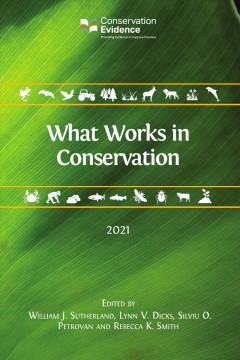
What works in conservation 2021
Does the creation of artificial reefs benefit subtidal benthic invertebrates? Is the use of organic farming instead of conventional farming beneficial to bat conservation? Does installing wildlife warning reflectors along roads benefit mammal conservation? Does the installation of exclusion and/or escape devices on fishing nets benefit marine and freshwater mammal conservation? What Works…
- Edition
- -
- ISBN/ISSN
- 9781800642744
- Collation
- 961 p. : ill. ; 24 cm
- Series Title
- -
- Call Number
- 333.9516 WHA w
 Computer Science, Information & General Works
Computer Science, Information & General Works  Philosophy & Psychology
Philosophy & Psychology  Religion
Religion  Social Sciences
Social Sciences  Language
Language  Pure Science
Pure Science  Applied Sciences
Applied Sciences  Art & Recreation
Art & Recreation  Literature
Literature  History & Geography
History & Geography